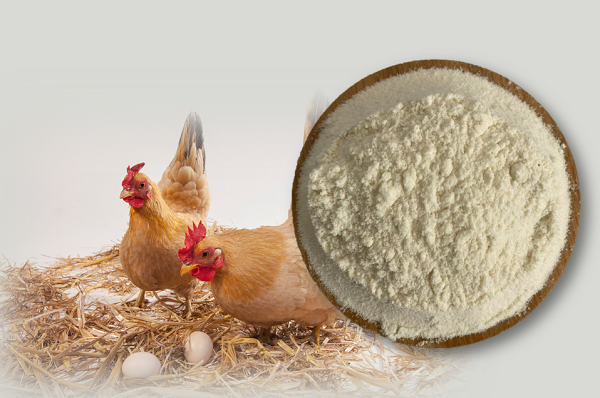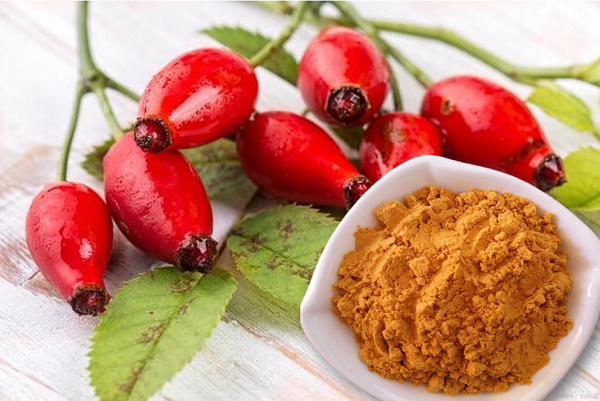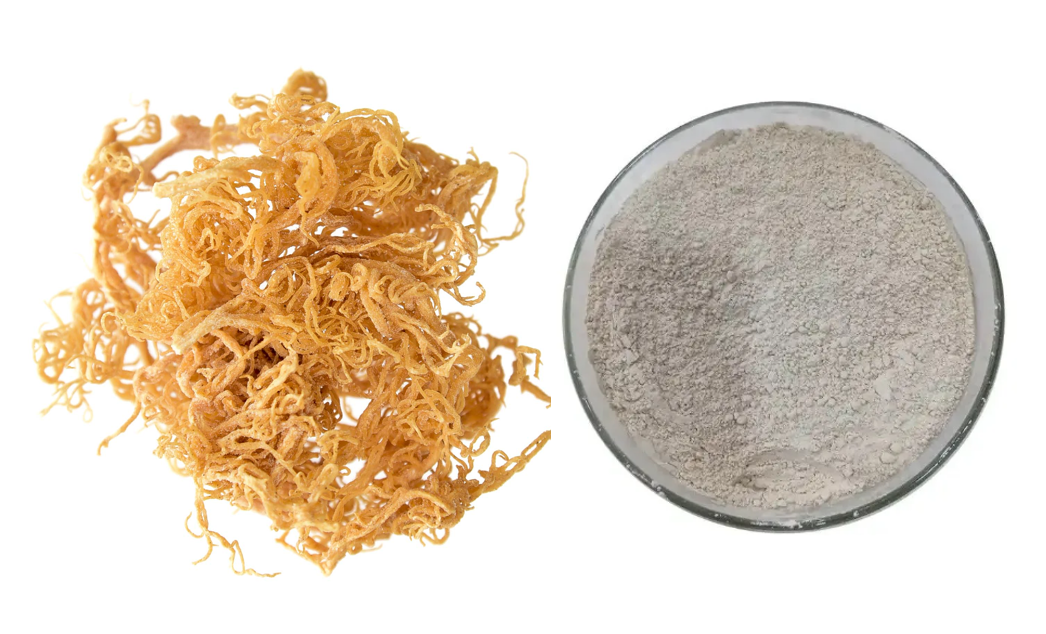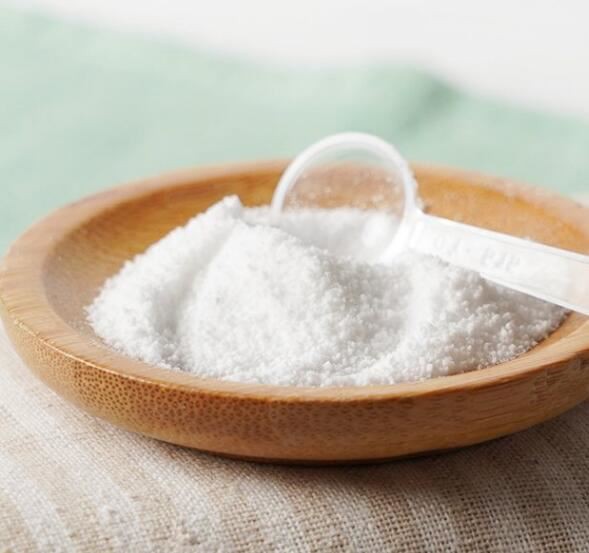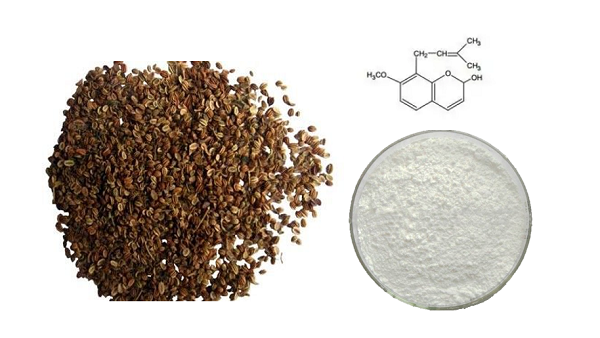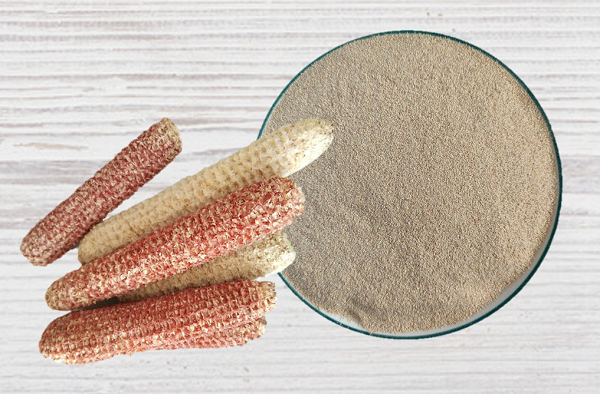Follow Us:
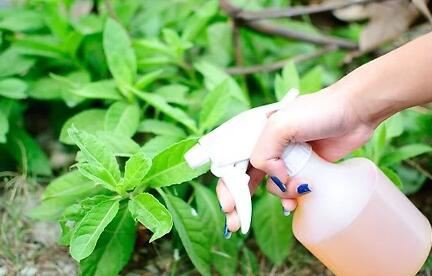
Capsaicin Spray For Plants
Reports on hot peppers as a deterrent are mixed. Rodale’s Chemical-free Yard & Garden states that “…Researchers have found that as little as 1/25 ounce of capsaicin [powder] sprinkled around an onion plant reduced the number of onion maggot eggs laid around the plant by 75%, compared to a control plant. Purdue University Extension’s Organic Vegetable Production researchers found that plant extract repellent products (such as hot pepper wax) “work poorly if at all, and we generally do not recommend them.”
In a Cornell University test on broccoli transplants, Hot Pepper Wax was found to be as effective as Rotenone 5% on controlling flea beetles (this test was on transplants only and not a field test on larger plants). According to Clemson University, capsaicin can be used on ornamentals ~ outdoors and indoors ~ for control of aphids, spider mites, thrips, whitefly, lace bugs, leafhoppers, and other pests…they appear to be effective at repelling certain animal pests such as rabbits, deer and squirrels. University of Massachusetts-Amherst Extension points out that Hot Pepper Wax is no longer allowable for Certified Organic growers. The National Organic Program allows capsaicin, the active ingredient in Hot Pepper Wax; but does not allow the wax in current use.
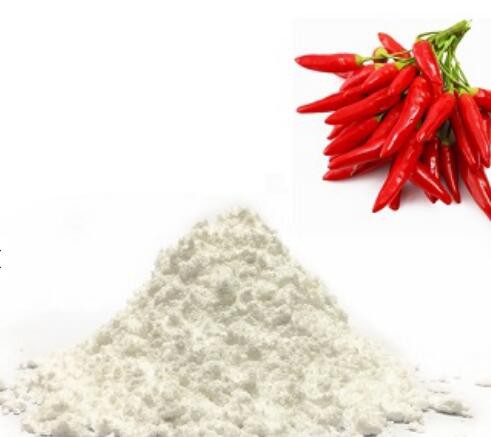
Hot Pepper Sprays may target: rabbits, squirrels, deer, aphids, spider mites, whiteflies, cabbage loopers, beet armyworms, leafhoppers, and other soft-bodied insects that feed on the leaves, flowers, fruit and stems of plants. It seems to deter squirrels and rabbits better than deer.
Other Cautions: Some plants are extra-sensitive to pepper spray, such as basil, parsley, peppermint, African violets with variegated leaves, fruit trees in the pink-bud stage, and Bleeding Heart (Dicentra exemia). It is best to test your spray on a small area of plant material before applying to the entire crop. Hot pepper spray should be applied in the evening so it has all night to dry before the suns rays hit the plant in the morning. Spray the entire plant, paying special attention to the undersides of leaves. If you are using Hot Pepper Wax, the cool evening temperatures will allow the wax to harden on the plant overnight (and become transparent.) Remember that hot pepper spray will not protect new growth, and can also be harmful to beneficial insects. There is a zero hour re-entry after spraying hot pepper. Even though hot pepper wax washes off easily with warm water, some plants ~ like lettuce ~ may wilt when washed with warm water.
How often to spray: Reports differed substantially on this question ~ from repeat after rain, dew, or heavy humidity; to repeat every few days; to repeat in 7 to 10 days; to lasts up to 30 days. The wax product will probably last longest…up to 30 days. If you are making your own spray without wax, add dish soap or a surfactant to encourage the hot pepper to stick on the plant longer.
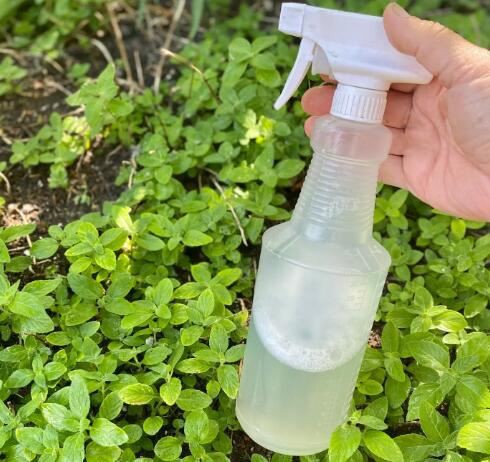
Does capsaicin kill plants?
Capsaicin is primarily used as a fast-acting strong irritant used to repel animals and birds, not as an insecticide.
Capsaicin powder is considered an environmentally sound way to avoid the contamination of food and drinking water by the residue of synthetic agrochemicals. Capsaicin is applied to plant foliage to repel insect pests, not kill them. It will also repel bees and other insects needed for pollination and other purposes. Capsaicin is used both outdoors and indoors to repel aphids, lace bugs, leafhoppers, spider mites, thrips, white flies and other insects. Applying capsaicin on vegetables and fruits is a useful way to prevent insects from laying their eggs; preventing insects from reproducing limits their damage to leaves, fruits and vegetables.
How do you use capsaicin on plants?
Capsaicinoids are plant secondary metabolites, capsaicin being the principal responsible for the pungency of chili peppers. It is biosynthesized through two pathways involved in phenylpropanoid and fatty acid metabolism. Plant capsaicin concentration is mainly affected by genetic, environmental and crop management factors. However, its synthesis can be enhanced by the use of elicitors. Capsaicin is employed as food additive and in pharmaceutical applications. Additionally, it has been found that capsaicin can act as a cancer preventive agent and shows wide applications against various types of cancer. This review is an approach in contextualizing the use of controlled stress on the plant to increase the content of capsaicin, highlighting its synthesis and its potential use as anticancer agent.
For bulk capsaicin, please contact us at email: info@greenagribio.com
References:https://organicgrowersschool.org/ask-ruth-hot-pepper-spray/
https://www.gardenguides.com/119834-capsaicin-insecticide.html
https://pubmed.ncbi.nlm.nih.gov/27472308/













